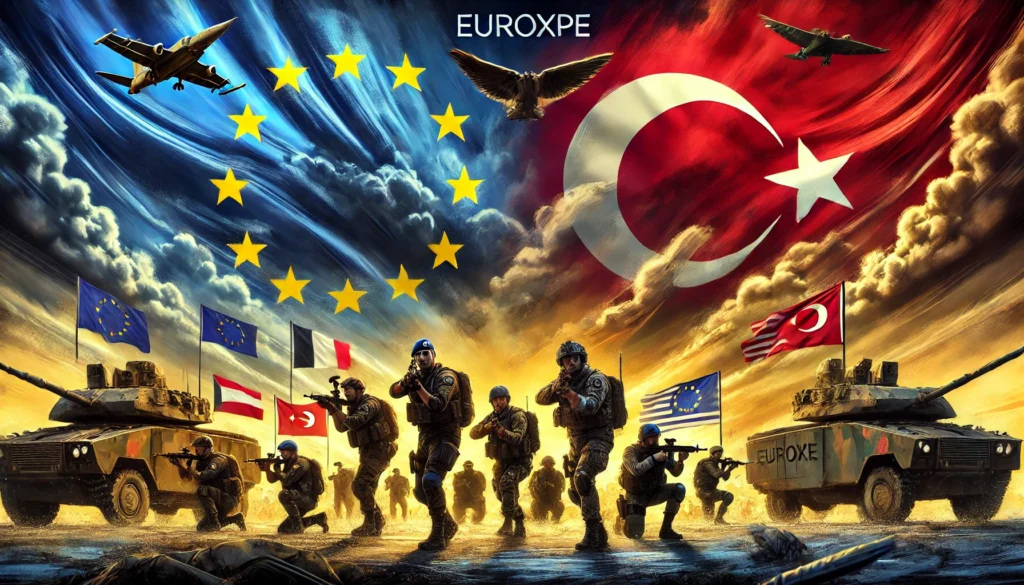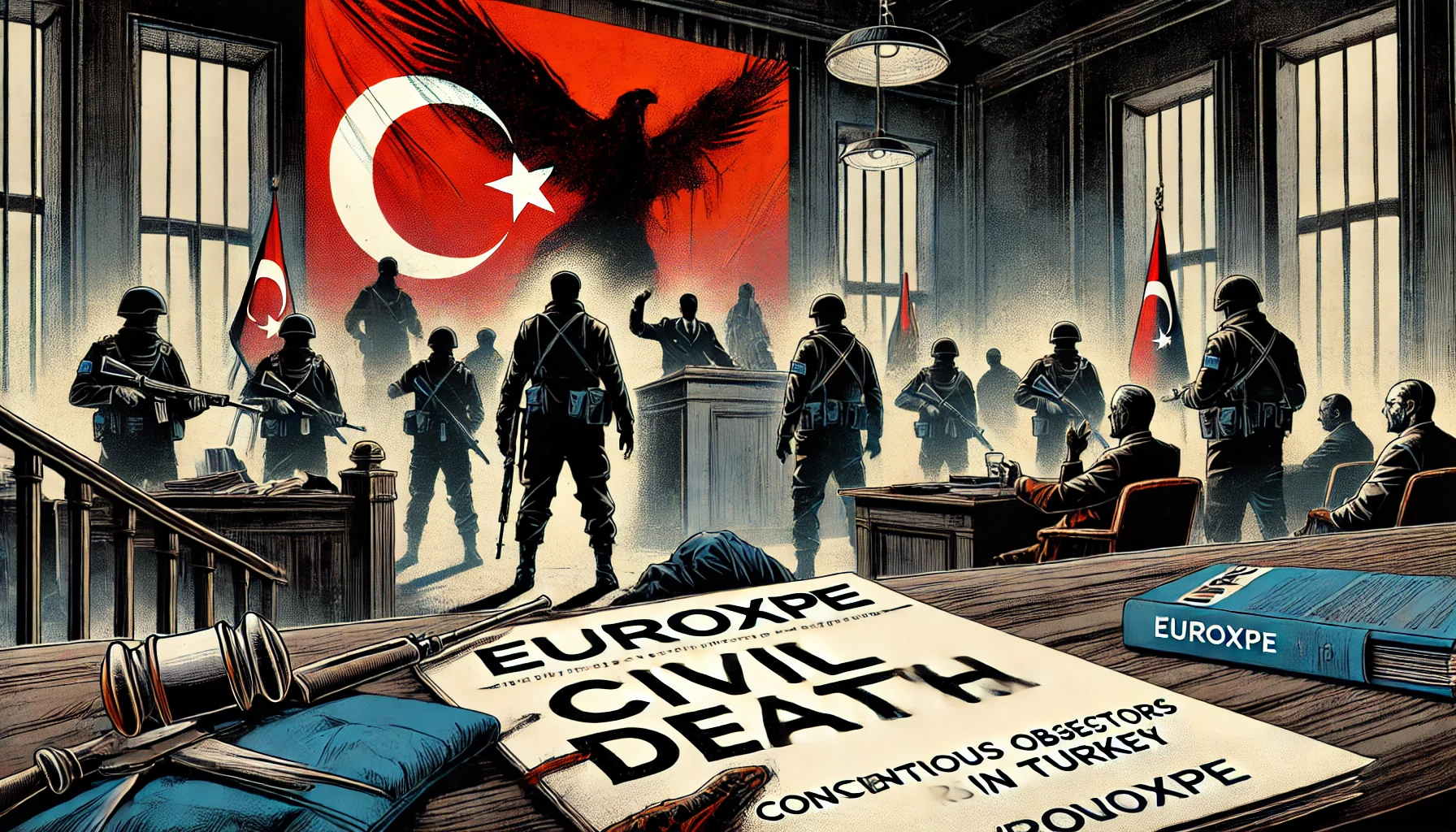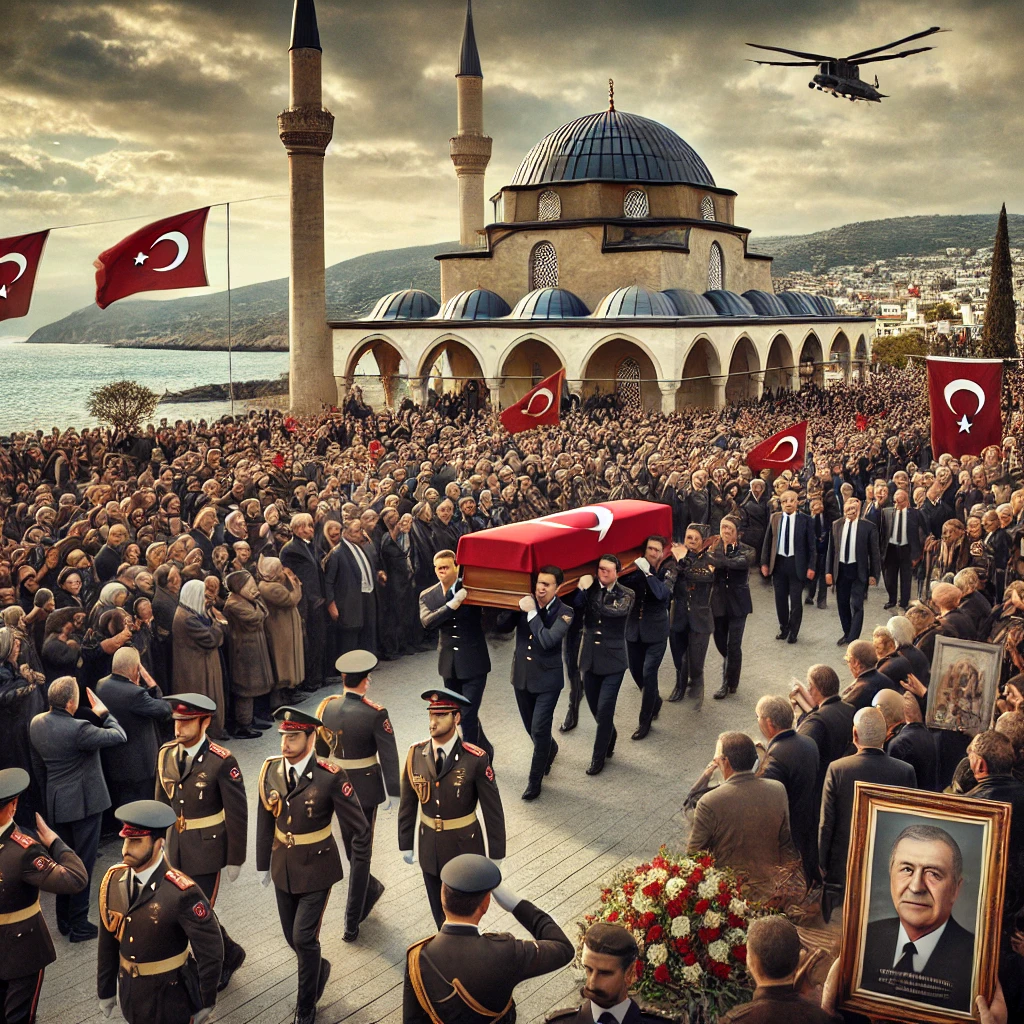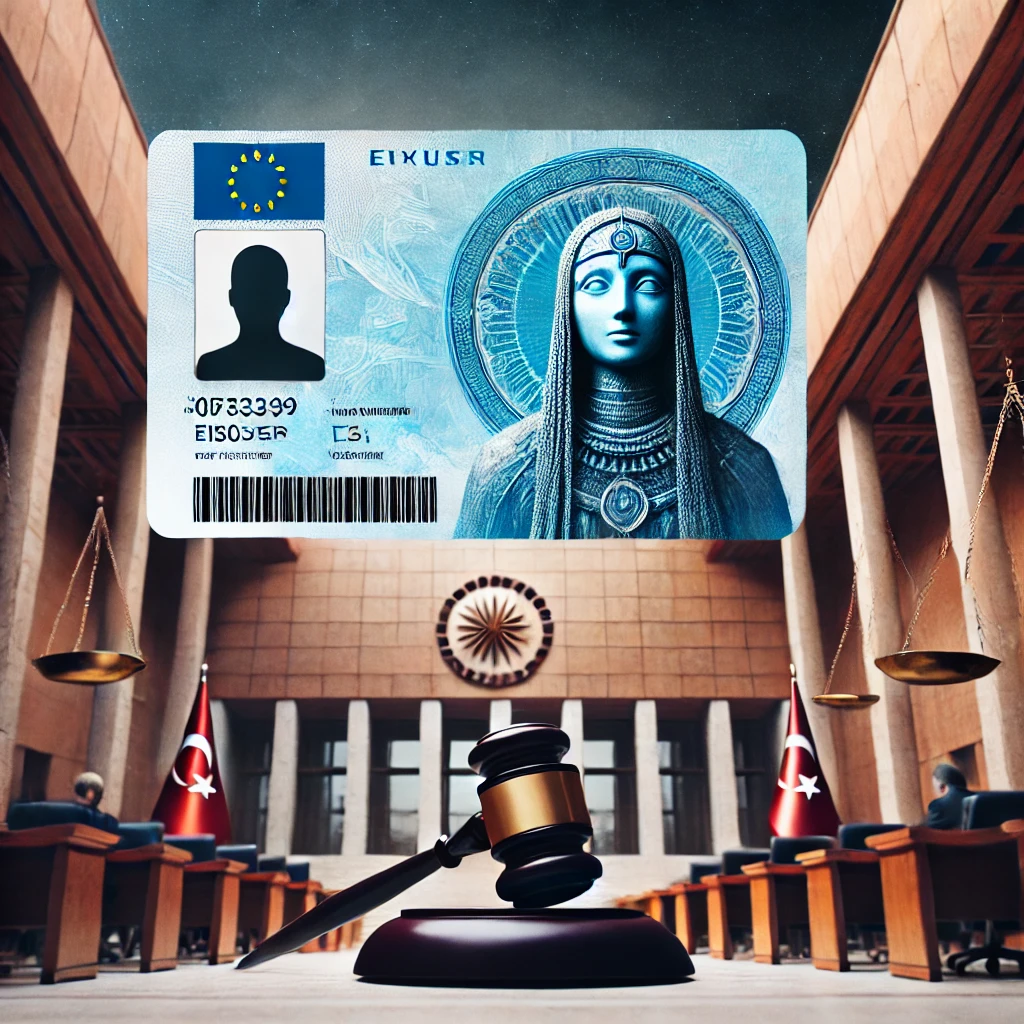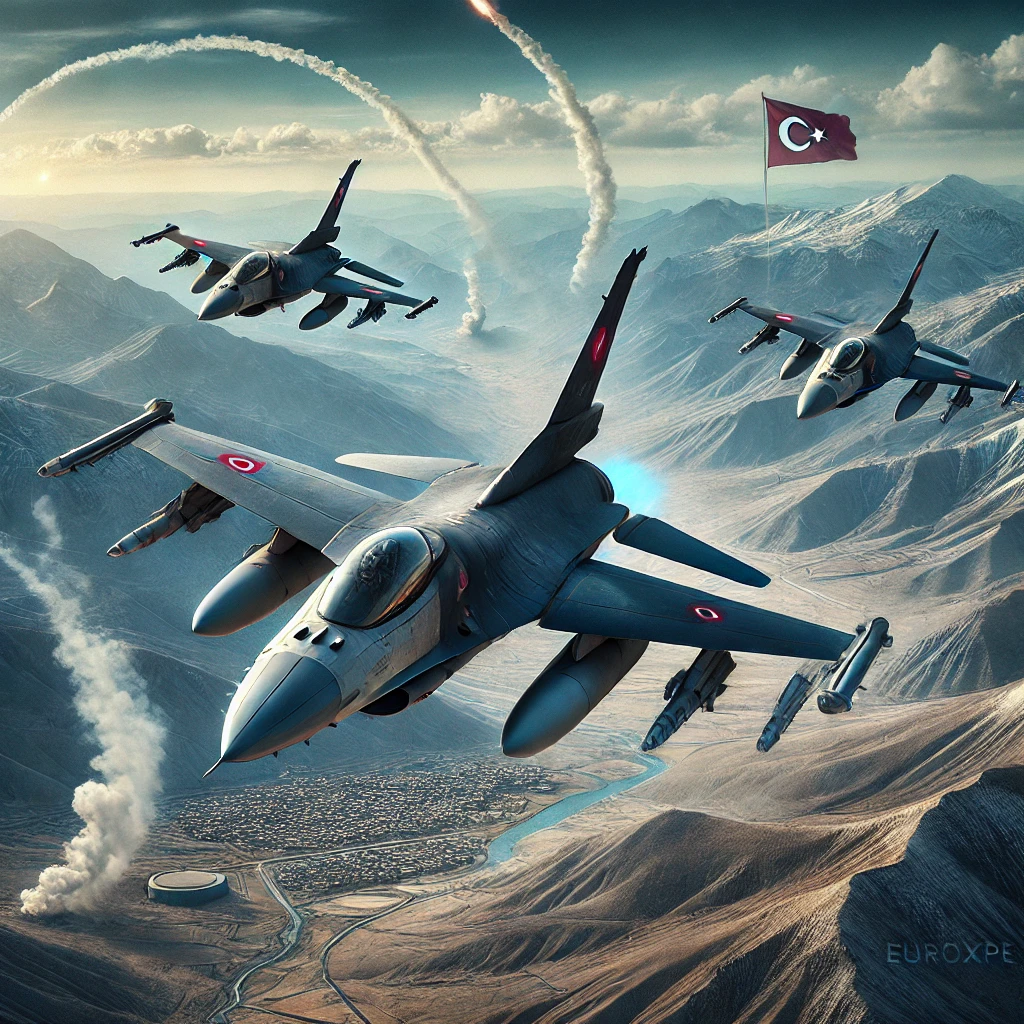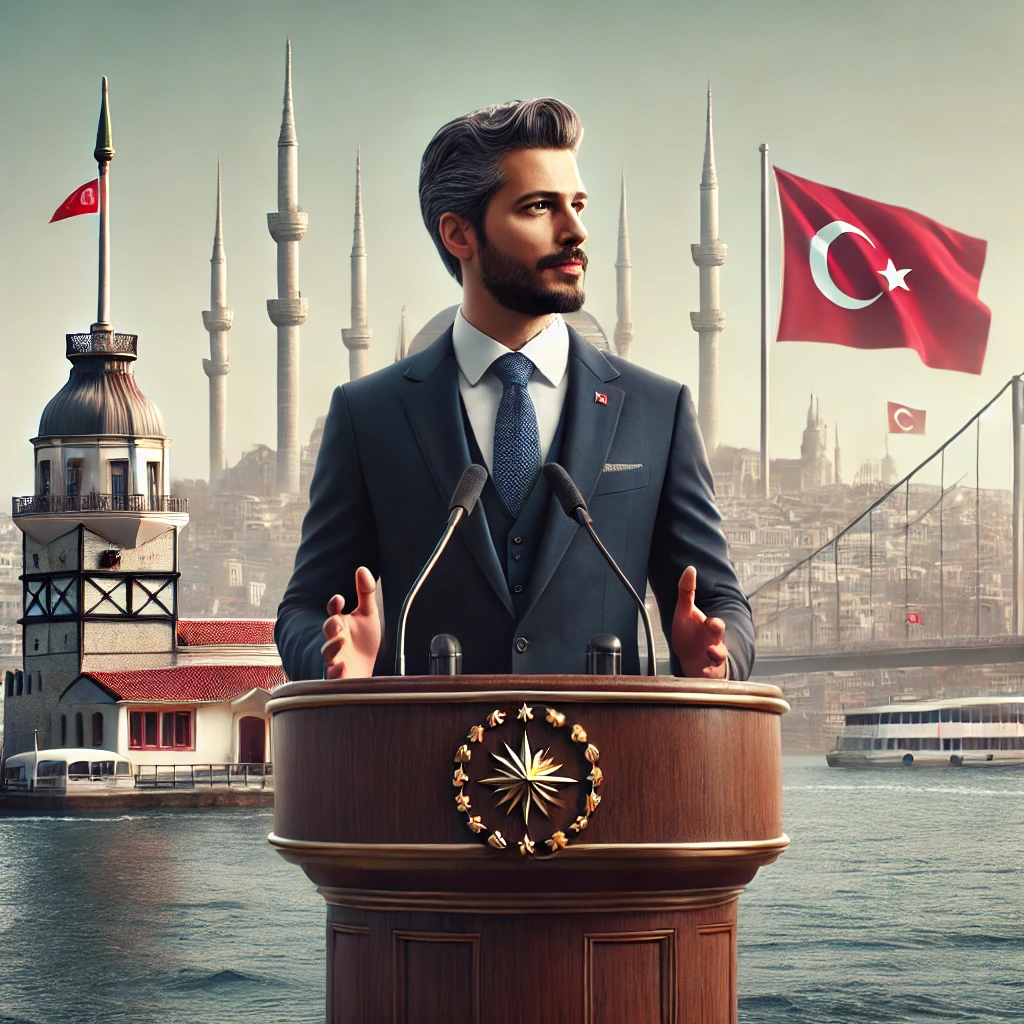NATO leaders are poised to gather in Washington this July, marking a crucial juncture for European defence. The ongoing conflict in Ukraine has starkly highlighted Europe’s reliance on American military support. This dependency is particularly concerning with the potential return of Donald Trump, whose commitment to European security has been inconsistent. Regardless of the next US president’s stance, the Ukraine war and the US’s strategic pivot to the Indo-Pacific have plunged Europe into its most precarious security situation in decades.
For Europe to bolster its own defence capabilities, it must consider previously unpalatable options. One such option is the inclusion of Turkey in European military initiatives. However, many European leaders remain wary of Turkey’s President, Recep Tayyip Erdoğan. His authoritarian rule, erratic behavior, and frequent anti-Western rhetoric have often alienated him from European counterparts. Erdoğan’s reluctance to swiftly approve Sweden and Finland’s NATO accession further strained relations. Additionally, his friendly ties with Russia’s Vladimir Putin.
Turkey’s exclusion from Europe’s defence capacity-building efforts, such as the Permanent Structured Cooperation (Pesco), is thus not unexpected. Established by the EU in 2017 amidst uncertainties over Trump’s European security stance, Pesco aims to enhance military cooperation among EU members, yet it remains closed to Turkey due to political reservations. French President Emmanuel Macron is a notable opponent, advocating for a robust European defence while viewing Erdoğan’s foreign policy as a hindrance.
Despite Macron’s reservations, the reality is that the EU lacks the military strength to achieve its lofty goals. Defending Europe against a revisionist Russia necessitates the involvement of non-EU NATO members. Ignoring Turkey’s potential contributions due to Erdoğan’s contentious leadership is shortsighted.
Turkey already plays a significant role in European defence. It participates in various NATO operations and several EU missions. Building Europe’s autonomous defence capacity is a long-term endeavor, and Erdoğan’s tenure will not last indefinitely. The March municipal elections, which significantly weakened his party’s grip, signal Erdoğan’s declining influence. A post-Erdoğan Turkey, while retaining some foreign policy stances, would offer more to European defence against Russia. Here are three compelling reasons why.
Firstly, despite Erdoğan’s attempts to foster close ties with Putin, Russia remains a significant threat to Turkish national security. Secondly, Turkey’s defence industry has thrived under Erdoğan but stands to gain even more with democratic governance, merit-based appointments, and financial stability. From ammunition production to short- and medium-range air defence systems, Turkey’s defence capabilities can significantly enhance European security, compensating for the gaps left by the US. Lastly, Turkey can address Europe’s manpower shortages. Although Erdoğan has politicized the Turkish military, it remains NATO’s second-largest army and will regain its professionalism post-Erdoğan.
Revamping European defence is an enormous challenge. As Europe strengthens its military capabilities, incorporating Turkey into its plans is essential. This integration will not only enhance the defence of a post-American Europe but also anchor a post-Erdoğan Turkey within Europe’s security framework.
